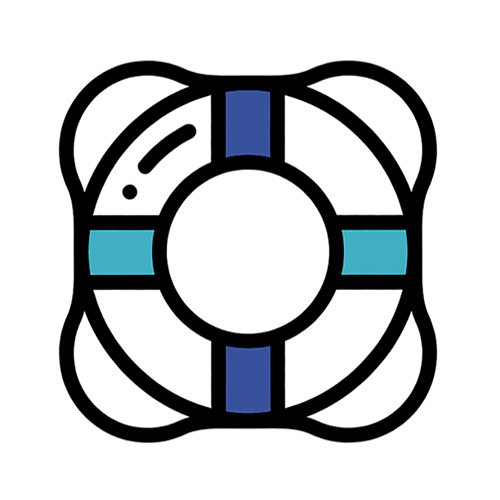This week’s revelations that Facebook had leaked the personal data of nearly 50 million users to a third party came as a shock to the press, but it really shouldn’t have been surprising to anyone. A political data analysis company, Cambridge Analytica, had improperly obtained data on users thanks to the information collected by a personality quiz app that ran on the platform. While it’s obvious that this shouldn’t have happened, the lurid details of this scandal can obscure some long-running features of the Facebook business model that made this “breach of trust” basically inevitable.
First – a disclaimer. I’m not an active Facebook user, but I still have an account. I understand others find it very useful to keep up with friends and family, to create groups and connections with others, and Facebook does a great job at providing the technology to make it easy. However, the only shocking thing about this story is that anyone found it shocking. So, that said, here’s three tough-love takeaways that you probably won’t see elsewhere:
1. If you aren’t paying for the product, you ARE the product. The old adage applies. Facebook is free for users. It’s not “freemium”, it’s free, there’s no paid member option. So, where does its vast $463B market cap come from? Advertising, and from advertisers making use of the data (family pictures, opinions, likes, etc.) that users post…that is their business model. Put bluntly, users hand over lots of personal stuff, and others manipulate it to get you to buy, think, share or vote for things they want you to.
2. Facebook has simply lost control over the monster it (and its users) created. One of the disturbing details of the story is that the third party “personality test” that gathered user data (for 270,000 respondents) through its app had subsequently exposed friend detail for 50 million users. While the coverage of this scandal is focused on Cambridge Analytica, there are countless (some estimates as much as 9 million) third party apps run on Facebook…so what data do they have? Who has it? What will they do with it?
3. Facebook does not serve users, they serve advertisers and shareholders. See takeaway #1. In his apology (the latest of many over the years) Mark Zuckerberg said: “We have a responsibility to protect your data, and if we can’t then we don’t deserve to serve you.” They don’t serve you. Data that is truly protected can’t be used to make money on advertising and apps and who knows what else. That may legitimately be OK with many – as most people understand the basic tradeoff. However, it’s probable that many users don’t understand it at all. Who could blame them with the required slog thorough legalese TOS and byzantine privacy settings just to get a handle on what data is being shared?
The bottom line is that people have to be realistic and understand what is being offered in exchange for a free service. Despite the obviously negative ramifications of this scandal, I think it is a good thing if it shatters the illusion of security that Facebook (and all other social media) offer. If users become more careful in how they share, post or consume social media, that will be a silver lining.
